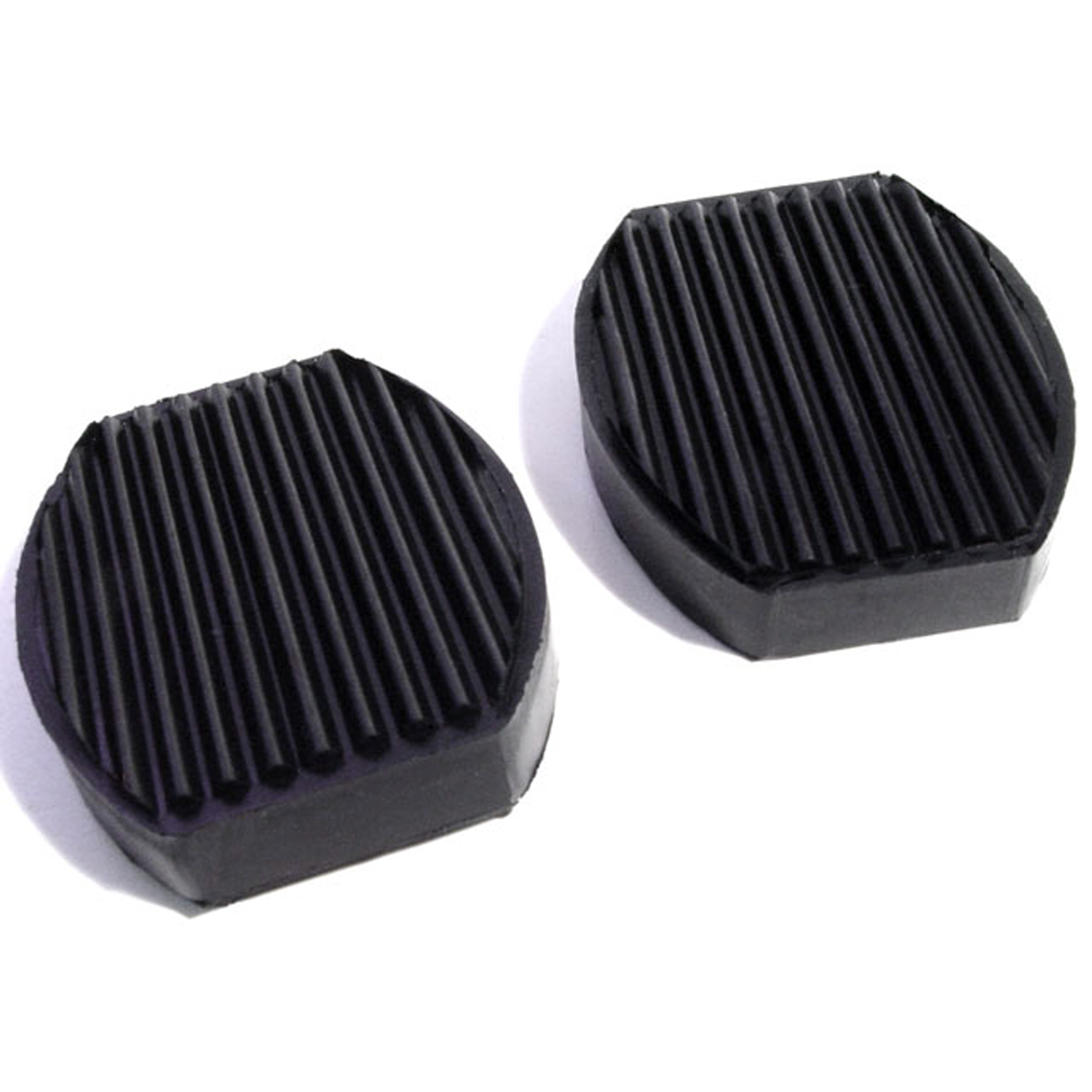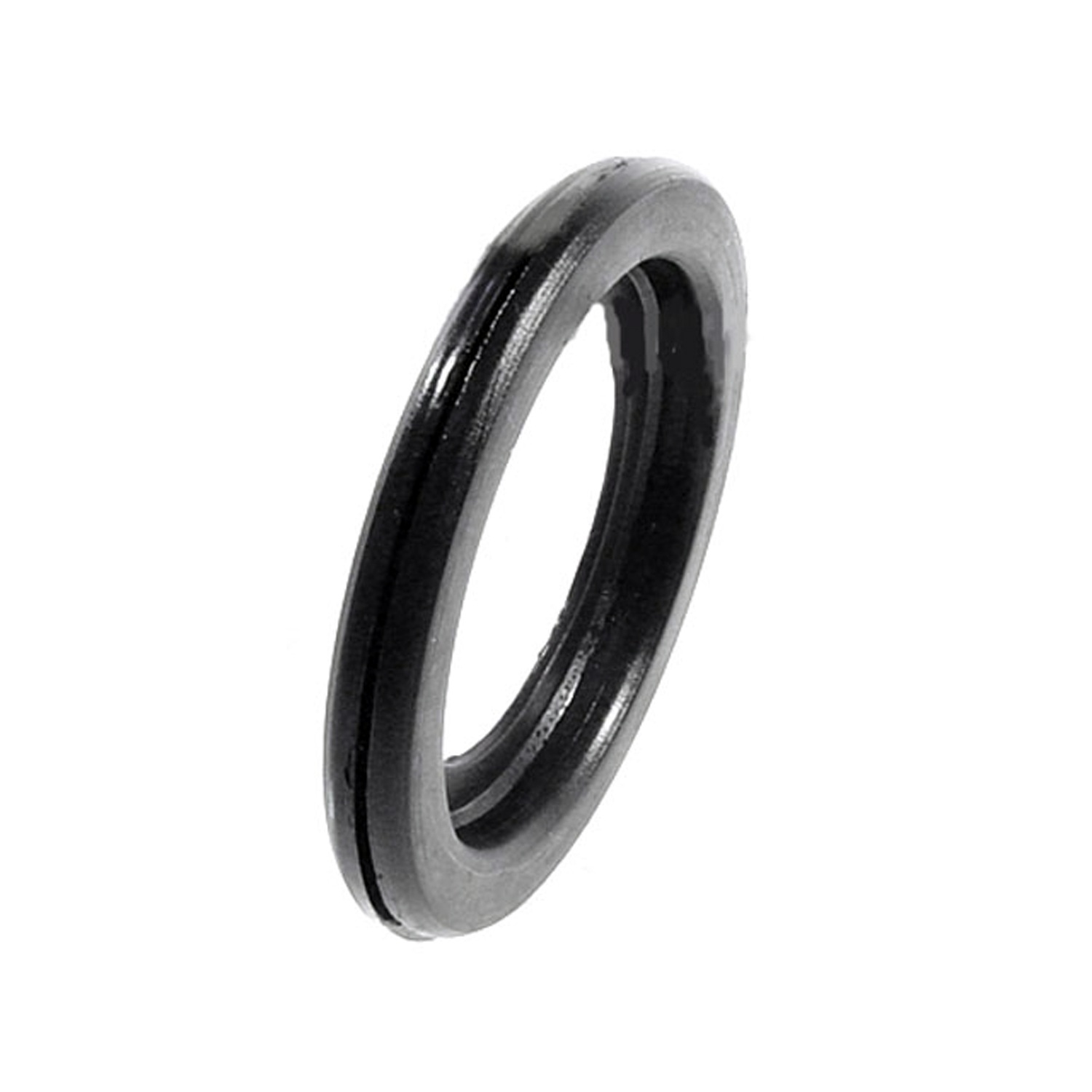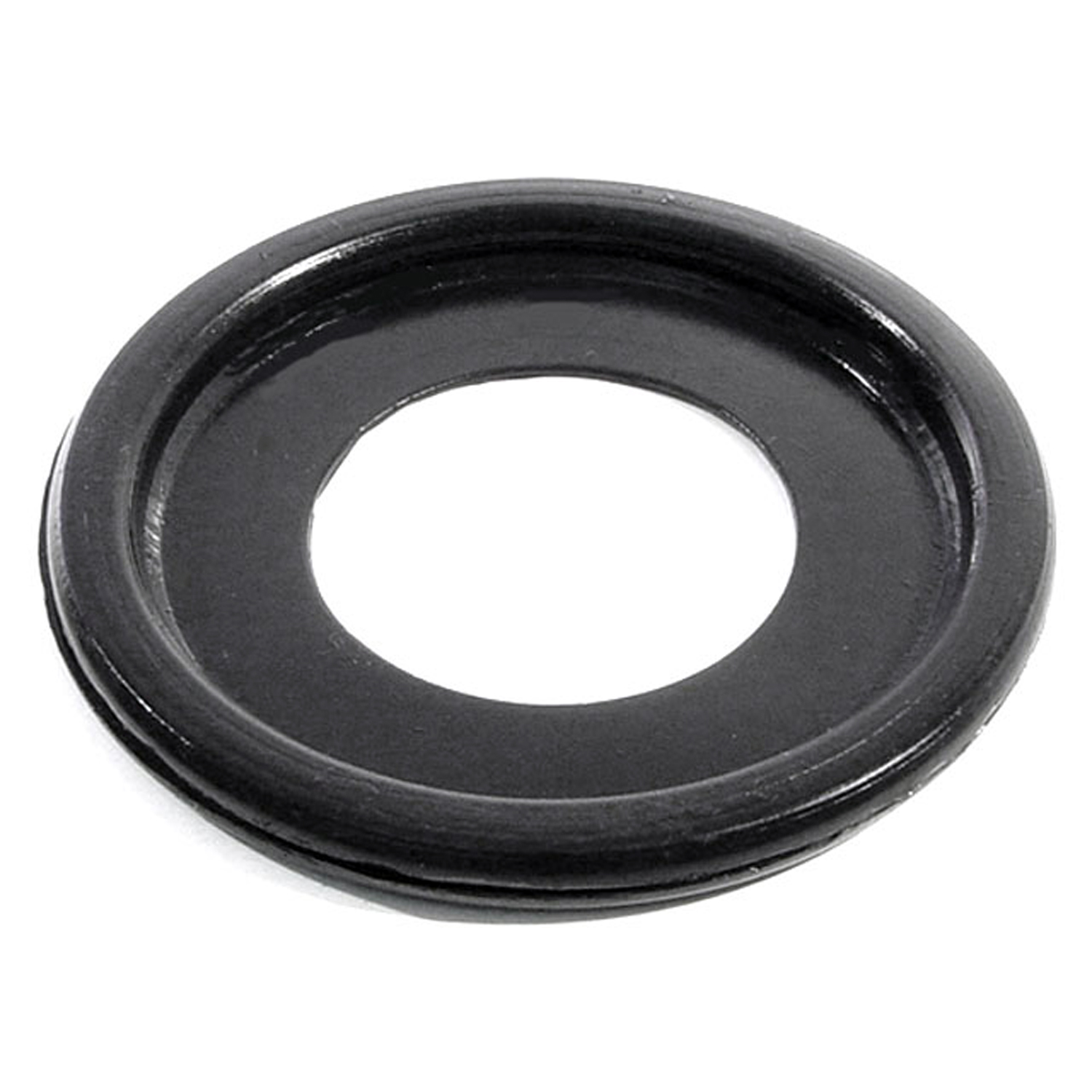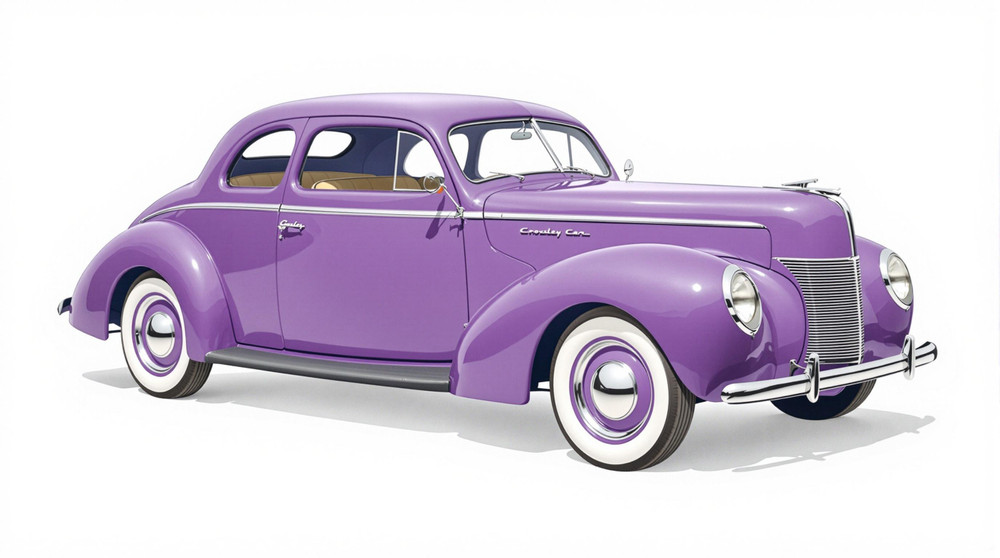Image of 1939 Crosley Crosley, Note: These illustrations use artistic license and may differ from actual historical models.
Performance Metrics
Fundamental Metrics
Emotional Appeal
MMP Rating
| Engine Specifications | |
|---|---|
| Engine: | 2-cylinder air-cooled engine |
| Displacement: | 0.35 liters |
| Horsepower: | Estimated 12-14 hp |
| Torque: | Not available |
| Compression Ratio: | Not available |
| Ignition System: | Battery and coil |
| Cooling System: | Air-cooled |
| Performance Specifications | |
| 0-60 Time: | Not available |
| 1/4 Mile Time: | Not available |
| Top Speed: | 50 mph |
| Transmission and Drive | |
| Drive Type: | Rear-wheel drive |
| Transmission Type: | 3-speed manual |
| Fuel and Efficiency | |
| Fuel System Type: | Carburetor |
| MPG: | Not available |
| Dimensions and Brakes | |
| Brakes: | Mechanical drum brakes |
| Wheelbase: | 80 inches |
| Weight: | 925 lbs |
Note: Specifications for classic cars are given to the best of our ability, considering the limited and variant data available.
Unveiling the Charm of the 1939 Crosley: A Compact Marvel
The 1939 Crosley was not just a car; it was a bold statement in an era of giants. Amidst the landscape of large, fuel-guzzling machines, Powel Crosley Jr., an industrialist with a vision for compact and affordable cars, introduced this pint-sized wonder. Born from the Crosley Corporation in Cincinnati, Ohio, this vehicle carved its niche during a time when America was on the cusp of war and economic recovery was paramount. Its unique selling point? The 1939 Crosley was one of the first American-made mini-cars designed for the masses.
Design and Innovation: A Glimpse into Miniaturized Elegance
The exterior of the 1939 Crosley was a departure from the norm, with its petite stature and simple lines that exuded functionality over flamboyance. The car's bodywork was minimalistic yet charming, featuring rounded fenders and a vertical grille that gave it a friendly face. Inside, the cabin was surprisingly roomy for its size, with practicality taking precedence over luxury. Materials were modest but durable, reflecting the car's economical purpose.
Technologically, the Crosley was ahead of its time, boasting features like overhead camshaft engines and caliper-type disc brakes in later models. Color options were limited but included choices that resonated with the era's tastes. Among body styles, the convertible and station wagon were particularly popular, offering versatility to a diverse clientele.
Historical Significance: The Little Car That Made a Big Impact
The 1939 Crosley may not have been the fastest or most luxurious car on the road, but it left an indelible mark on automotive history. It challenged the status quo by proving that small cars had a place in America. This ethos paved the way for future compact cars and influenced post-war auto design where efficiency became as important as size and power.
Performance and Handling: Navigating a World Built for Bigger Cars
Performance-wise, the Crosley's four-cylinder engine wasn't going to set any land speed records with its modest horsepower output. However, it provided adequate performance for city driving and short commutes. Handling was nimble due to its lightweight construction, allowing it to navigate through urban environments with ease. Drivers often noted the car's mechanical simplicity and direct driving experience as part of its charm.
Ownership Experience: The Everyman’s Entry into Motoring
The 1939 Crosley appealed to those seeking an economical vehicle for daily use or as a second car for running errands. Its reliability was commendable for the time, though parts could be scarce due to its niche market position. Maintenance was straightforward enough for DIY enthusiasts to handle basic repairs.
Fun Facts: The Little Car with Big Stories
Despite its size, the Crosley has a storied past including rare editions like the pre-war "Covered Wagon" model. While not known for breaking speed records, it did break conventions and even found its way into military service during World War II as a lightweight reconnaissance vehicle.
Collector's Information: A Niche Classic with Growing Appeal
Today, finding a 1939 Crosley can be akin to uncovering hidden treasure. Production numbers were relatively low compared to mainstream manufacturers; estimates suggest only several thousand were made. As such, values can vary widely based on condition and originality—ranging from $10,000 to $30,000 or more for well-preserved examples.
Conclusion: Celebrating an Underdog of Automotive History
The 1939 Crosley may have been small in size but it was monumental in concept. It stood as proof that good things come in small packages and challenged American perceptions of what an automobile should be. Today, it is celebrated by collectors and enthusiasts alike as a symbol of ingenuity and foresight—a true underdog story on four wheels.
1939 Crosley Crosley Catalog of Parts
 1939 Crosley Crosley Clutch and Brake Pedal Pads. 2-5/16" wide X 2-3/4" long-CB 104Clutch and Brake Pedal Pads. 2-5/16" wide X 2-3/4" long. Pair
1939 Crosley Crosley Clutch and Brake Pedal Pads. 2-5/16" wide X 2-3/4" long-CB 104Clutch and Brake Pedal Pads. 2-5/16" wide X 2-3/4" long. Pair 1939 Crosley Crosley Gas Filler Grommet. Two used per car. 1-3/8" I.D-GF 33Gas Filler Grommet. Two used per car. 1-3/8" I.D., 2-3/8" O.D. Each
1939 Crosley Crosley Gas Filler Grommet. Two used per car. 1-3/8" I.D-GF 33Gas Filler Grommet. Two used per car. 1-3/8" I.D., 2-3/8" O.D. Each 1939 Crosley Crosley Gas Filler Grommet. 1-1/4" I.D., 2-11/16" O.D. Each-GF 34Gas Filler Grommet. 1-1/4" I.D., 2-11/16" O.D. Each
1939 Crosley Crosley Gas Filler Grommet. 1-1/4" I.D., 2-11/16" O.D. Each-GF 34Gas Filler Grommet. 1-1/4" I.D., 2-11/16" O.D. EachWhy Choose Metro?
For over 100 years, Metro Moulded Parts has been the pinnacle of quality in classic car restoration parts. Our commitment to precision and authenticity in every component ensures a perfect fit and an OEM-level appearance.
- Expert Craftsmanship & Quality: Each part is a testament to our dedication to reliability and perfection, crafted from original designs and thoroughly tested.
- Advanced Technology: We use cutting-edge techniques to create flawless, long-lasting parts that surpass others in performance.
- SuperSoft Sponge – The Ultimate Door Seal: Not only are our door seals 30% softer than competitors', but they're also guaranteed to never leak. They effectively reduce wind and road noise, enhancing your classic car's comfort and driving experience.
- Proudly American: Our parts are a product of American craftsmanship, made in the USA with a spirit of excellence and heritage.
- Unrivaled Warranty: We back our products with a 30-year industry-leading warranty, a testament to our confidence in their quality.
Join us in preserving the legacy of classic cars with parts that are crafted for perfection, not just made.

